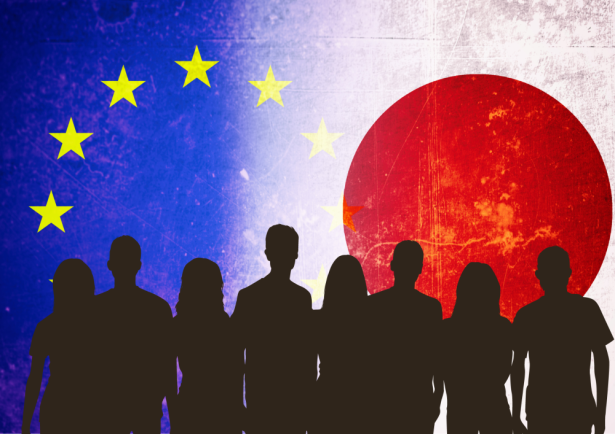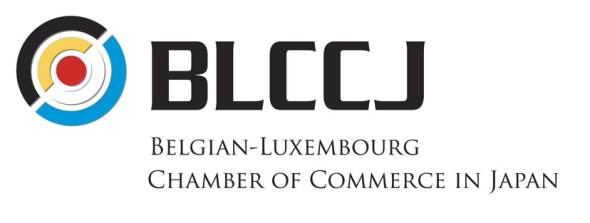

EU-Japan cooperation takes shape in many forms. Time and time again, we read news reports about signed agreements between the EU, or its Member States, and Japan, about trade missions and cultural events, about joint innovation, and about dialogue. But the question remains: who are the people behind these efforts? What is their story and how did they become a gear in developing international cooperation?
The EU-Japan Centre for Industrial Cooperation is launching a new series of articles meant to introduce the individuals and organizations making EU-Japan collaboration possible. Should they be heads of organizations, entrepreneurs, academics, scientists, or students, they are all united by the same passion for Japan and the act of weaving bonds that link the EU and Japan.

Here below is a snippet of the interview with our first guest: Sophie Bocklandt, General Manager, Belgian-Luxembourg Chamber of Commerce in Japan - BLCCJ
Q: Looking at your career path, you worked for 5 years in Kanazawa City Hall. As a Japanese environment, what challenges and opportunities did you face there?
Sophie: Through my studies, I learned about the JET programme (the Japan Exchange and Teaching programme). Kanazawa City always requests Belgian JET participants because of the strong relationship with their sister city Ghent, and because most Belgians know several languages. My biggest issue, especially in the first years, was the Japanese language. Even though it was the international department that I worked at, English was used to a very limited degree, and all written and spoken communication was in Japanese. Another challenging aspect was the decision-making. In a Japanese city hall, every decision must pass by many people. For instance, you have clipboards with forms being passed around where you have to put your hanko, your stamp essentially, and only once everyone has stamped the form, the decision can be taken. This resulted in several decisions taking enormous amounts of time. When it came to the sister cities, they expected faster decisions, but they just didn’t know the process, and neither did I before I worked at the city hall. On the other hand, I would like to point out a very strong feeling of teamwork. In addition to the team making decisions together, when something goes well - it is thanks to the team, not a personal victory. As I come from a more individualistic society, it is something I started to appreciate more by working in Japan.
Q: In the last 11 years, you have been working as the General Manager at the BLCCJ. Can you tell us about your mission and main activities as an organization?
Sophie: Our mission is to make a stronger connection between Belgium, Luxembourg, and Japan, and help Belgian and Luxembourg companies that are based in Japan to expand their business. The way we do that is mainly by organizing many events – commercial events like business seminars, luncheon events, trade fairs - but also networking events. We think that networking is an important part of doing business, especially in Japan, so we organize monthly beer gatherings, a yearly gala ball, and others. An important thing when networking is reaching out further than just the BLCCJ, so what I have really put an effort into is making strong connections with other chambers of commerce in Japan, but also locally in Belgium and Luxembourg. Recently, when the pandemic started and perhaps owing to it, we created a network of Belgian-Luxembourg Chambers of Commerce in Asia. I would like to think that in this way I played a role in expanding the horizons of our chamber. We are a pretty active chamber, with about 130 active members and only 2 full-time staff. Overall, I am proud of my 11 years at the Chamber.

The interview continues online, read the complete version here.